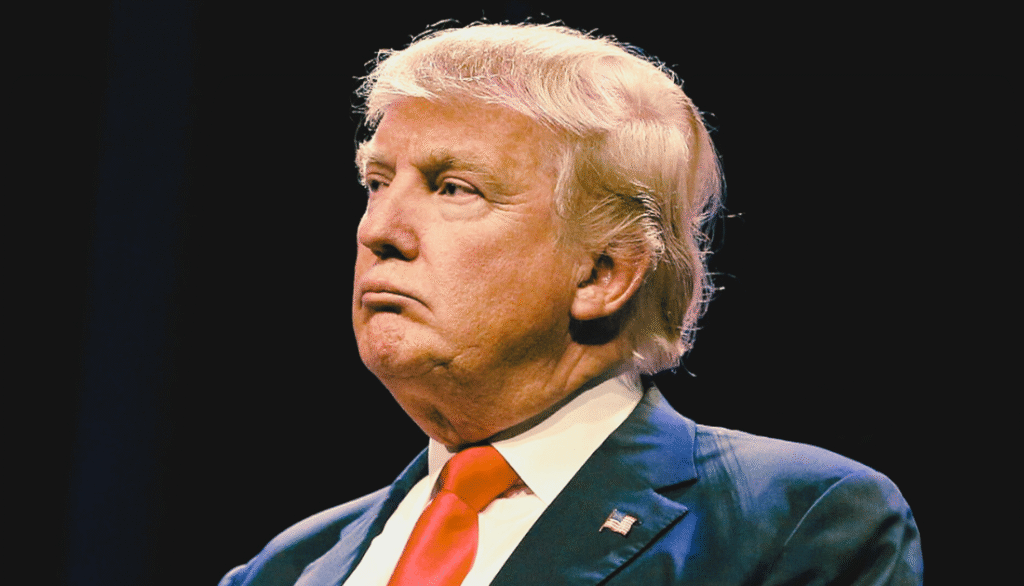Former U.S. President Donald Trump has expressed concern over Apple’s growing shift toward manufacturing in India.
Highlights
Speaking at a business summit in Doha, Trump recounted a recent conversation with Apple CEO Tim Cook, urging the tech giant to prioritize production within the United States over expanding operations abroad.
“I said to him, ‘Tim, you’re my friend, I’ve treated you very good. You’re coming up with $500 billion, but now I hear you are building all over India,’” Trump stated during the event. “I don’t want you building in India.
You can build in India if you want to take care of India, because India is one of the highest tariff nations in the world.”
His remarks come as Apple accelerates its efforts to diversify its global supply chain. With rising labor costs and geopolitical concerns tied to China, India has become a key destination for Apple’s manufacturing shift.
Earlier this month, CEO Tim Cook confirmed that iPhones made in India are expected to meet the majority of U.S. demand in the near future.
India’s Expanding Role in Apple’s Supply Chain
India is rapidly emerging as a central hub in Apple’s global manufacturing network. According to Bloomberg, nearly 20% of all iPhones are already being assembled in India.
The Financial Times recently reported that Apple aims to produce all iPhones destined for the U.S. market in India by 2026, indicating a deeper long-term investment in the country.
On the ground, Apple’s key suppliers are significantly expanding their operations. Foxconn, one of Apple’s largest partners, received approval to establish a Rs 3,600 crore ($435 million) semiconductor facility in Uttar Pradesh in partnership with HCL Group.
The facility will focus on display driver chips, further anchoring Apple’s presence in the region.
Tamil Nadu has also become a major iPhone production center, accounting for roughly 70-80% of Apple’s India output through partners such as Foxconn, Pegatron, and Tata Electronics.
In 2024, iPhone exports from India reached a record $12.8 billion, a 42% increase year-over-year. The state continues to invest in infrastructure and workforce development to support this growth.
U.S. Manufacturing Investments and Political Pushback
Although Apple has not publicly responded to Trump’s statements, the company had previously announced a $500 billion investment into its U.S. operations over a four-year period. This includes new manufacturing facilities, a technical skills academy, and plans to hire over 20,000 people.
Despite these domestic efforts, Apple continues to face scrutiny as it navigates global supply chain adjustments. The shift toward Indian and Vietnamese manufacturing is viewed as a strategic response to both rising costs in China and evolving U.S. trade policies.
Trade Tensions and Tariff Concerns
The timing of Trump’s comments coincides with rising trade tensions. In March 2025, U.S. smartphone imports from India surged by 30% as companies rushed to mitigate the impact of new tariffs.
Apple alone airlifted a record $2 billion worth of iPhones from India using suppliers like Foxconn and Tata Electronics, seeking to avoid anticipated duties.
The Consumer Technology Association projects that these tariffs could drive up smartphone and laptop prices by more than 30%. Apple is expected to absorb up to $1.4 billion in additional costs this quarter, particularly from Chinese-assembled products now facing a 145% import tax.
A Shift in Motion
Apple’s decision to move more of its production to India reflects a larger trend across the tech industry: supply chain diversification.
While the company remains committed to its U.S. operations, its growing investment in Indian manufacturing suggests a deliberate strategy to reduce overreliance on any single region—especially in light of shifting trade policies and global political dynamics.
Although Trump did not outline specific actions or policy proposals tied to his critique, his comments align with a broader political narrative focused on domestic job creation and reshoring supply chains.
The discussion highlights the complex balance companies like Apple must strike between global competitiveness and local political expectations.
As the U.S. election season heats up and trade-related policies remain in flux, Apple’s global manufacturing decisions are likely to come under continued scrutiny—from both policymakers and the public.


